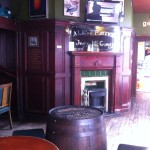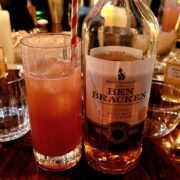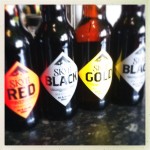Interview questions and answers with Maximilian Riedel
Riedel is the name for quality glassware; considered by many to be the best option for drinking wine, the company produces a range of glasses for different drinks and situations.
The head of the family business, Maximilian Riedel, was in Edinburgh recently to participate in a unique sensory experience – a tutored comparative tasting. He guided us through an enjoyable and educational event, which showed how differences in the size and shape of a glass change our perception and enjoyment of wine. By pouring wine made from different grape varieties into glasses specifically designed for them, it can heighten positive aromas and flavours.
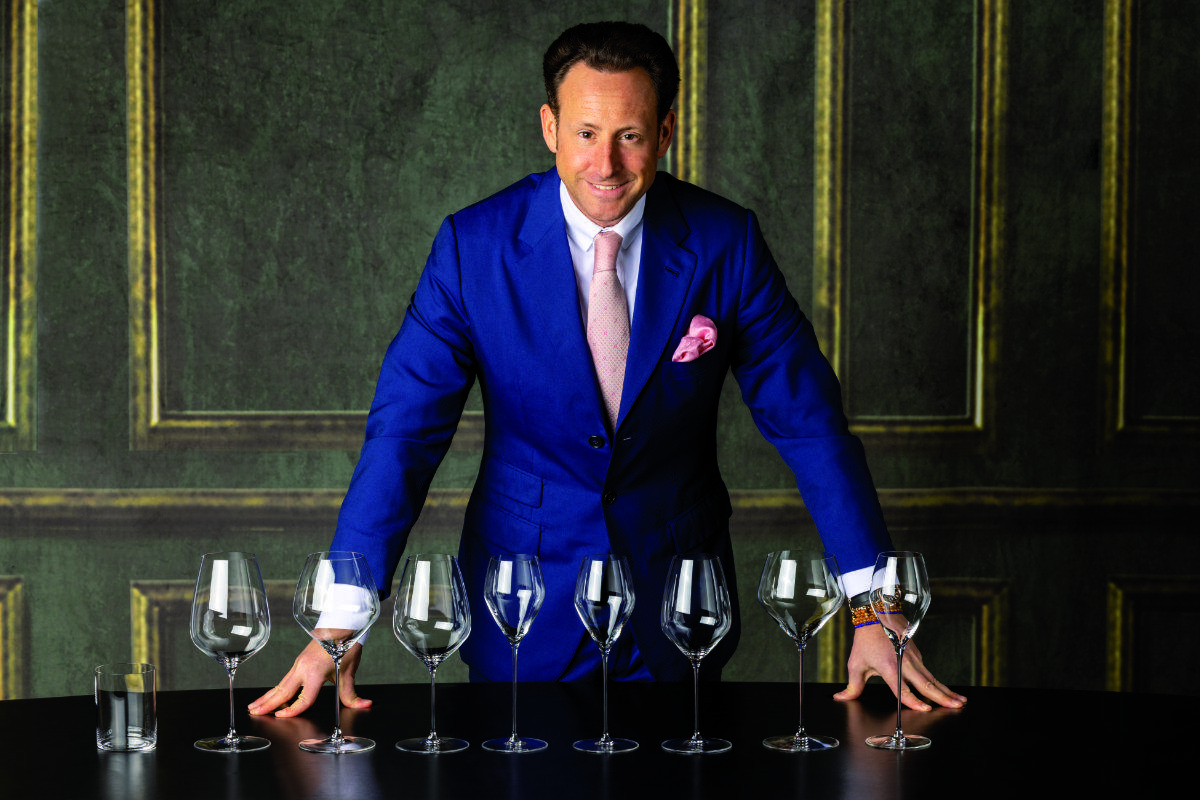
Earlier in the day, we also had the opportunity to interview Maximilian and ask him some questions about his part in the family business, the future of wine glass making and even a question about whisky glasses, but before that, here is a brief history of Riedel…
A brief history of Riedel
Founded in 1756, Riedel is now in the 11th generation of family ownership and is said to be the oldest family-owned and operated global crystal glass brand worldwide. This hasn’t been without its blips. After the Second World War, the Riedel family lost all their property and assets in Bohemia (present-day Czechia). The head of the family at the time, Walter Riedel, was imprisoned in Russia for ten years. It wasn’t until 1956 that Riedel began making glass again. This time in Kufstein, Austria. In 1958, Claus Josef Riedel (9th generation) began experimenting with different glasses for different wines and won gold for his Burgundy Grand Cru glass at the Brussels World Fair that year, which is now on display in the Museum of Modern Art in New York today.
He essentially invented wine-friendly glasses with the Sommeliers range, which was officially launched in 1973. They revolutionised wine drinking with larger glasses designed to reflect different wines. Georg Josef (10th generation) continued the growth of Riedel as well as introducing the company’s first machine-made glass range, Vinum.
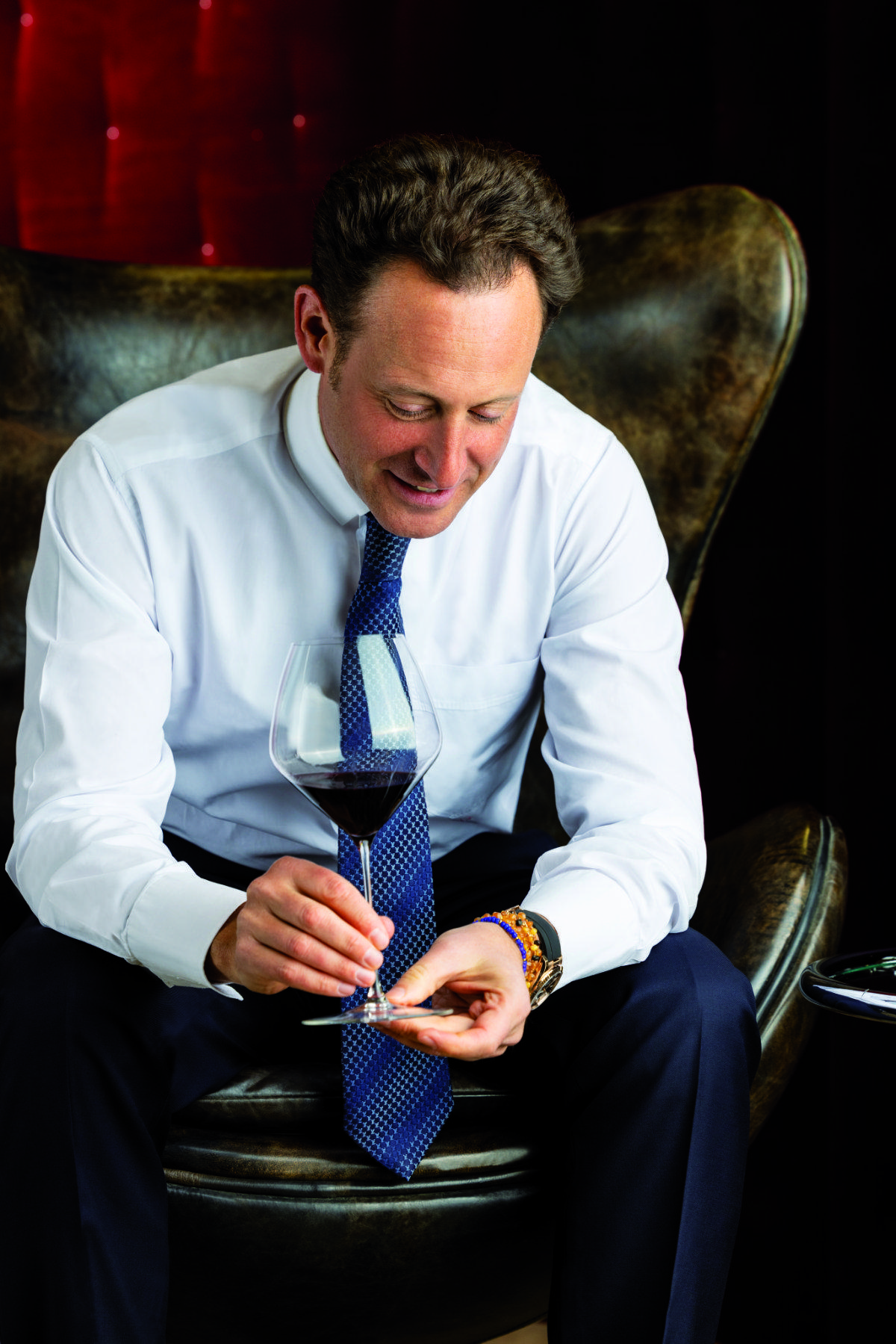
We now reach the 11th generation of the family and Maximilian Riedel. He has worked for the company since 1997, and we asked him a few questions…
Maximilian Riedel chats about the past, present and future of glass making
Did you always intend to enter the family business?
It was always the wish for my family that either my sister or myself enter the family business. From a young age, my parents made it interesting for me and I was exposed to production in Kufstein. I very much looked forward to taking that role sooner or later. It was not easy because my father at the beginning always said it was a challenge for his kids, the better one in the business shall succeed. My sister dropped out to become a layer and supports me from the outside.
What are the advantages and disadvantages of family working?
My father didn’t allow me to work in the family business at first. During school holidays, I was working with various wineries because he wanted me to learn about that and also various glass factories so brought me up with both sides of this knowledge. This was a great advantage to learn this way. My first job was at a partner of ours, a distributor. “I will give you the chance to help and build the business, but not here with me”. So I went to America and worked learning the business and creating contacts and watching the world of wine open up.
One of the disadvantages of family working is the emotions of the father/son conflict and I think my father took the right decision to get me on board but to have 6000 miles in between us! I was sent off at a young age which was very important for my family to see how I would deal with the situation. To see if I am capable, if I’m willing and only now do I realise what he actually did. It was the right thing to do and that’s why I think that we are able to work with each other side-by-side because he was smart enough to give me the space.
The Glencairn glass is the most common glass in whisky bars and at whisky events in Scotland, but does Riedel have their own whisky glass?
I have many alternatives. I don’t believe in the Glencairn glass whatsoever, and more and more people in the whisky and bourbon trade will agree with me. It has become the standard and Riedel has always fought against standards such as the standard wine glass and hopefully the Glencairn Glass. I feel for whisky because the Glencairn glass is a standard. People have gotten so used to it that they start to think that this is how whisky smells and tastes.
Just put it into another glass and challenge that thought. My father developed a single malt glass, but what it does is what a wine drinker wants. It takes away the alcohol and a lot of whisky lovers don’t want they want the heat, they want the punch. We want whisky but we want to mellow it down. The Riedel wine glass lets you drink whisky in a wine-loving way. This means we are reducing the focus on the alcohol and the acidity of the whisky and bringing forward the heart and soul of whisky.
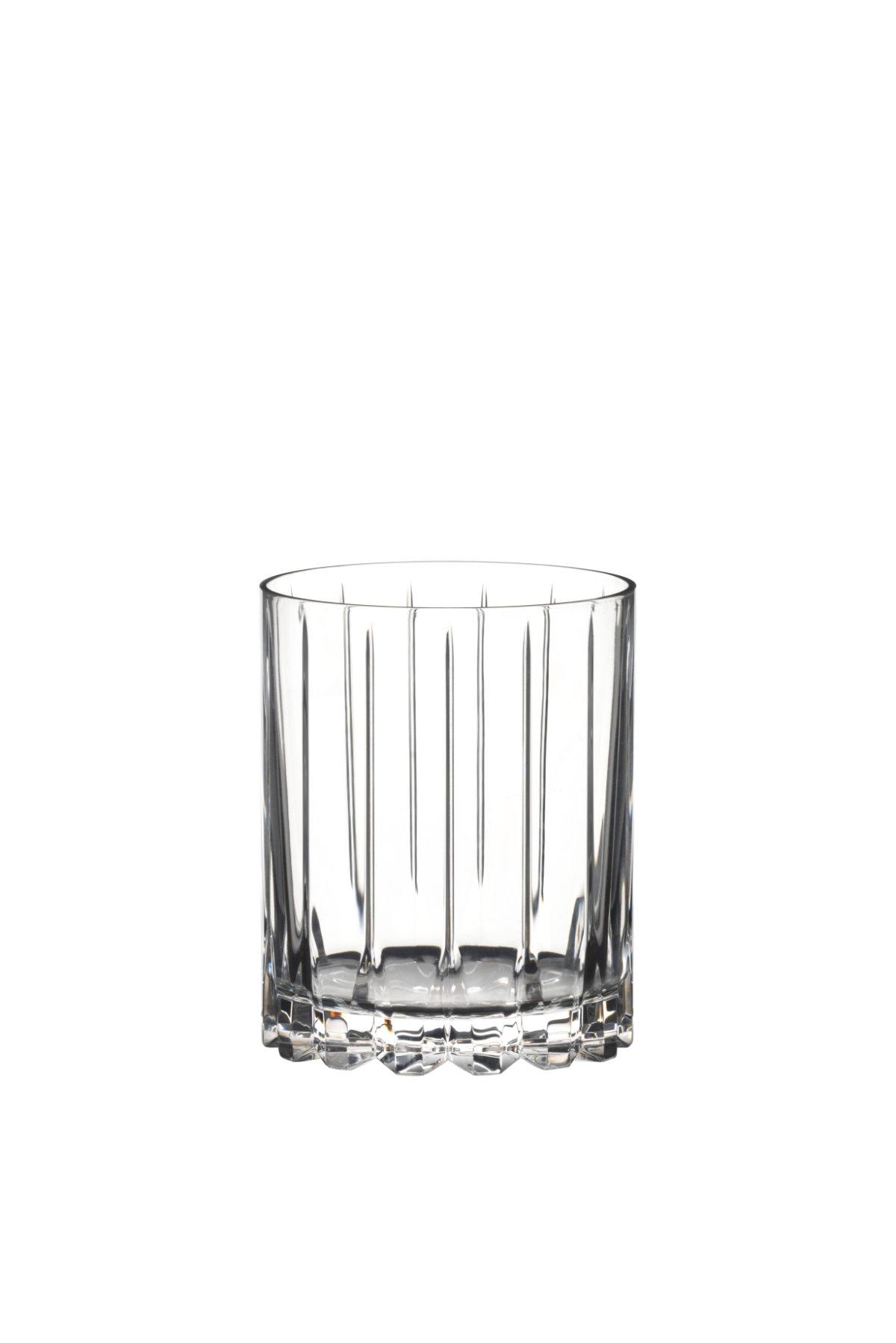
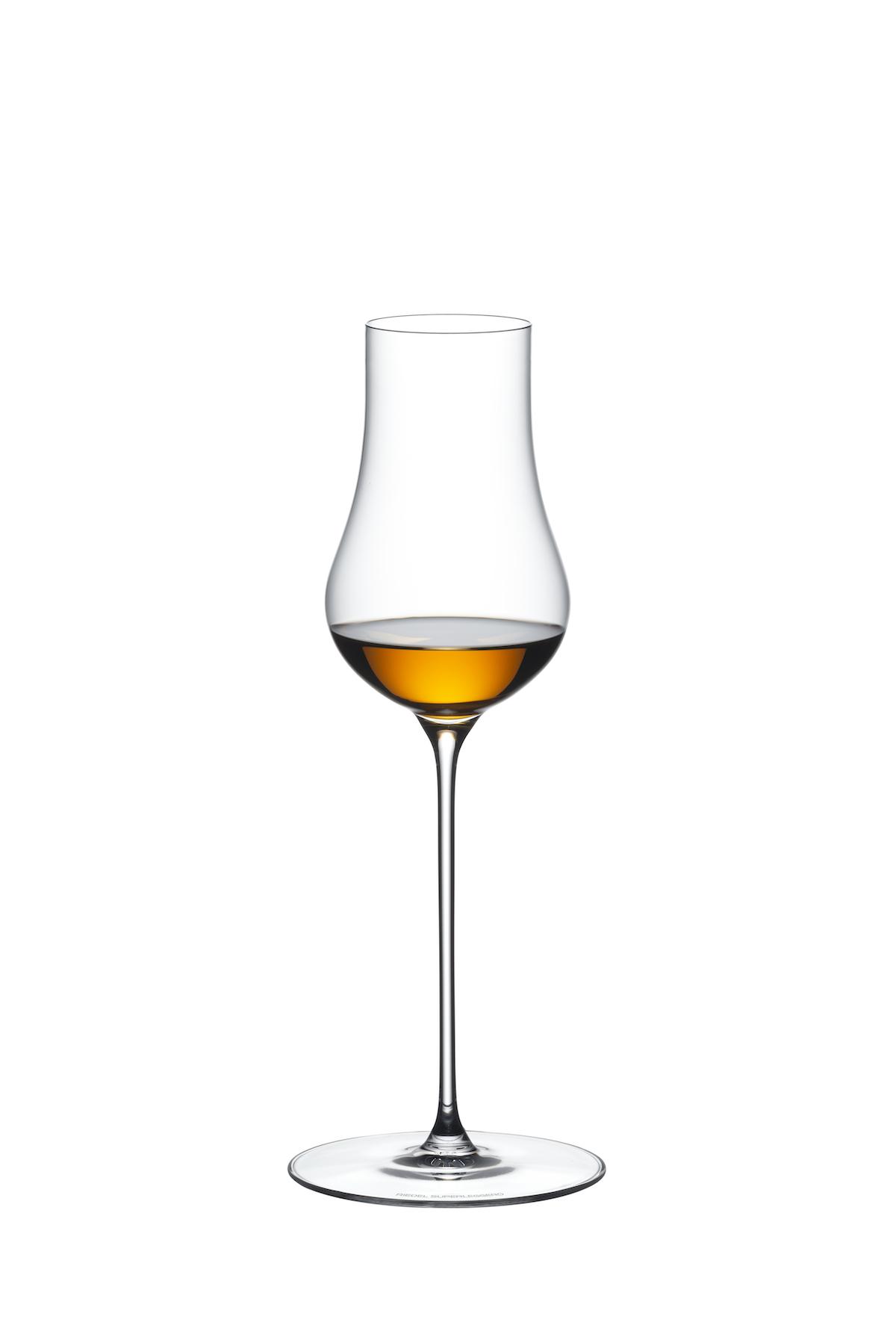
What do you think of the future of glass-blowing?
The new Riedel Veloce range is the most advanced machine-blown glass in the world and I bet you and many other people who know wine glasses, could not tell the difference anymore between handmade and machine-made. Superleggera is a remake of a handmade product which is now made by machine. Glass making will die and it is all related to modern times because if I would ask any of you if would you like to work in a factory the answer is no and what about your children, and you will all say no. I don’t understand why, working in a factory nowadays we have rules, regulations, and a healthy environment. Handmade is not modern production and that’s why I think it is a dying breed. Traditional glass blowers are artists who work every day on the same product, and that’s the challenge. Finding enough skilled people to do this the same every day, like a machine. That’s not the future, that’s the past! The way we make glass has very little to do with art it’s a traditional way of doing business like a carpenter. Just like will IKEA takeover furniture manufacture completely? Possibly, because you won’t find the carpenters. The other issue is, if you pay the money that it would cost a manufacturer to have skilled people to do this job, we could find young talent but nobody is willing to pay this money.
Many thanks to Maximilian Riedel and Diana Thompson of Wine Events Scotland for arranging the interview and allowing us to experience the Riedel masterclass.


